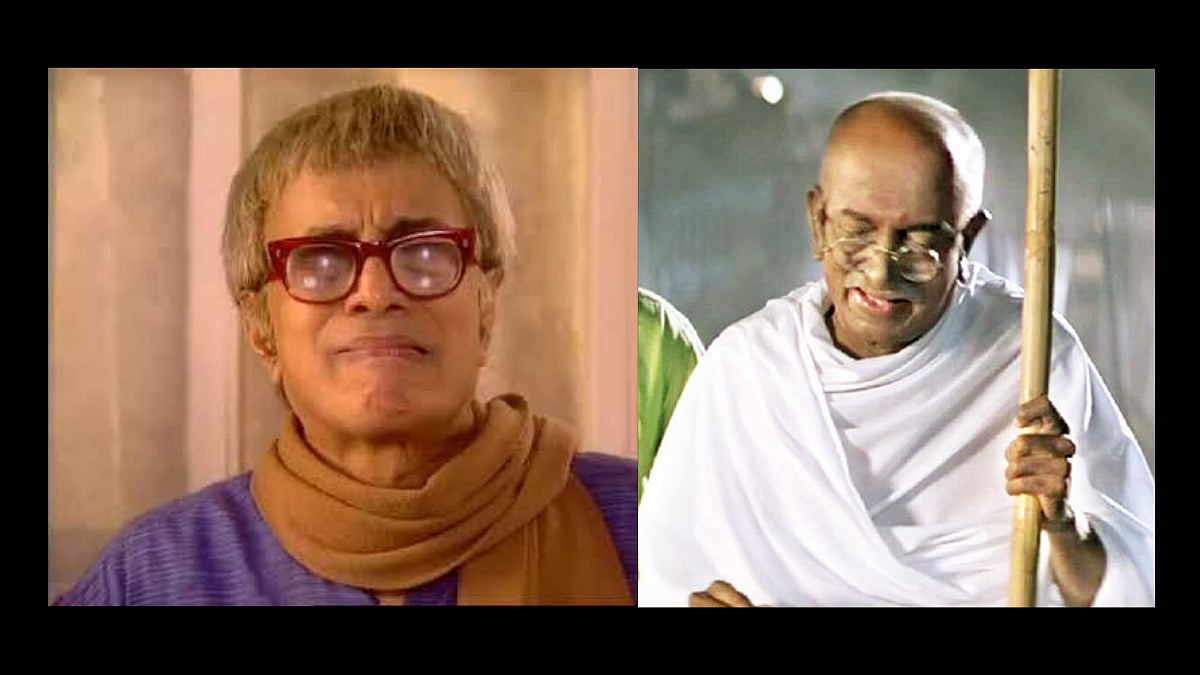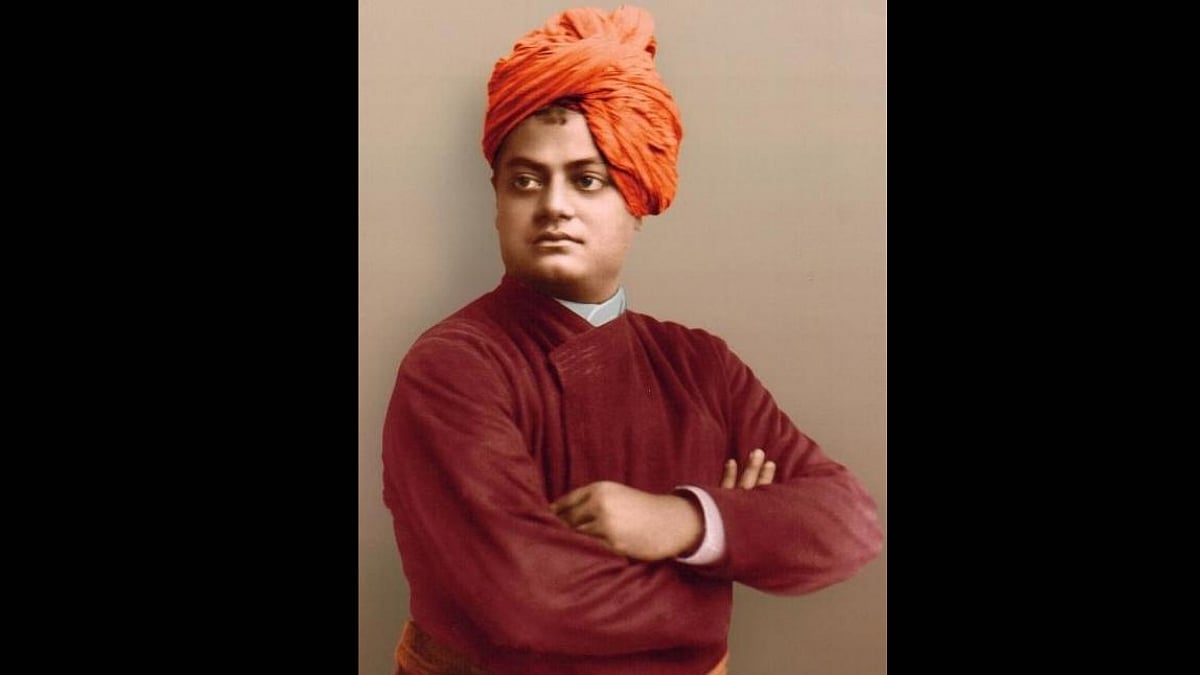In my college days, the allure of Mood Indigo, IIT Mumbai’s iconic student fest, was the epitome of dreams. The promise of mingling with innovative minds and soaking in the ‘cool’ vibe had us in raptures. When I got the chance to mentor the ambiance aspect of the fest, I envisioned it as an opportunity for students from various Fine Art colleges to showcase their talents on the sprawling green campus.
However, reality hit hard. Despite the enthusiasm from one fine art institution, the more celebrated counterpart exhibited a lukewarm response, bordering on cockiness. Surprisingly, it wasn’t the faculty’s reluctance; it was the students who, with unwavering conviction, conveyed that without monetary compensation, their interest simply wasn’t piqued. In today’s landscape, idealism struggles to find a foothold.

The excitement surrounding student festivals and opportunities has waned, and the prevailing currency is cold, hard cash. Coincidentally, around this time, I watched the film Farrey, a gripping narrative based on the 2017 Thai film Bad Genius. The protagonist, Lynn, declares, “Even if you don’t cheat, life cheats you anyway,” shining a light on the inherent flaws and biases in the education system. The film prompts us to reflect on what constitutes cheating and who can afford to play the game.
Niyati, the protagonist, a natural-born genius, secures a scholarship to India’s most expensive school. In this elite institution, success is perceived as an entitlement, surrounded by opulence and privilege. Niyati attempts to bridge the class divide by orchestrating an intricate cheating scheme during exams, all in exchange for ‘cash’. The film serves as a stark reminder of the changing aspirations of today’s youth, mirroring the dream of a middle-class student striving to enter IIT for a high-paying job and a secure future.
The parallels between Farrey and real-life interactions with students are undeniable. The entire educational ecosystem, like many other fields, is now focused on monetising time, effort, and spirit. Is there any realm left untainted by the pervasive influence of money? Utopia seems like a distant concept; nothing is sacrosanct anymore. Two decades ago, the film Munnabhai MBBS depicted a similar plot where the poor Rustom Pavri took an exam for Munnabhai, but the motivations were different. Munnabhai’s aspiration to become a doctor was driven by a desire to make his father proud, devoid of any transactional essence. This shift in moral and ethical values reflects the broader changes in society.
Today, the educational landscape resembles an industry, with private schools quoting fees in lacs and Ivy League colleges becoming status symbols. Donations are the buzzwords, and the proliferation of private colleges seems unstoppable. It’s disconcerting — a far cry from an era when education and health were the state’s responsibility. I reminisce about my Parsi school with a meagre fee of Rs 7 and engineering education costing Rs 600 — a time when certain aspects of life, like education and health, were considered sacrosanct.
While acknowledging the impracticality of a world solely run on idealism, one hopes that one does not lose sight of ideals and nobility. Without them, what kind of world would we be shaping for ourselves? In this ear-shattering and eye-blinding era, where the gravitational pull toward wealth and material success intensifies, the echo of collective values is often drowned out by the clamor for immediate gains. The quest for knowledge and personal growth, once the bedrock of education, now contends with the overpowering influence of a monetised mindset.
As we navigate this landscape, one hopes not to forget that true prosperity lies not just in accumulating wealth but in fostering an environment where the pursuit of knowledge, integrity, and compassion takes precedence. It’s a call to reimagine our priorities, rediscover the sanctity of education, and rekindle the spirit of noble ideals that can shape a future transcending the limitations of a purely materialistic world view.
(Sonal Motla is an art curator and Director at Rachna Sansad and a visiting faculty with educational institutions like NIFT Mumbai, among others. Send your feedback to: sonal25fpj@gmail.com)











